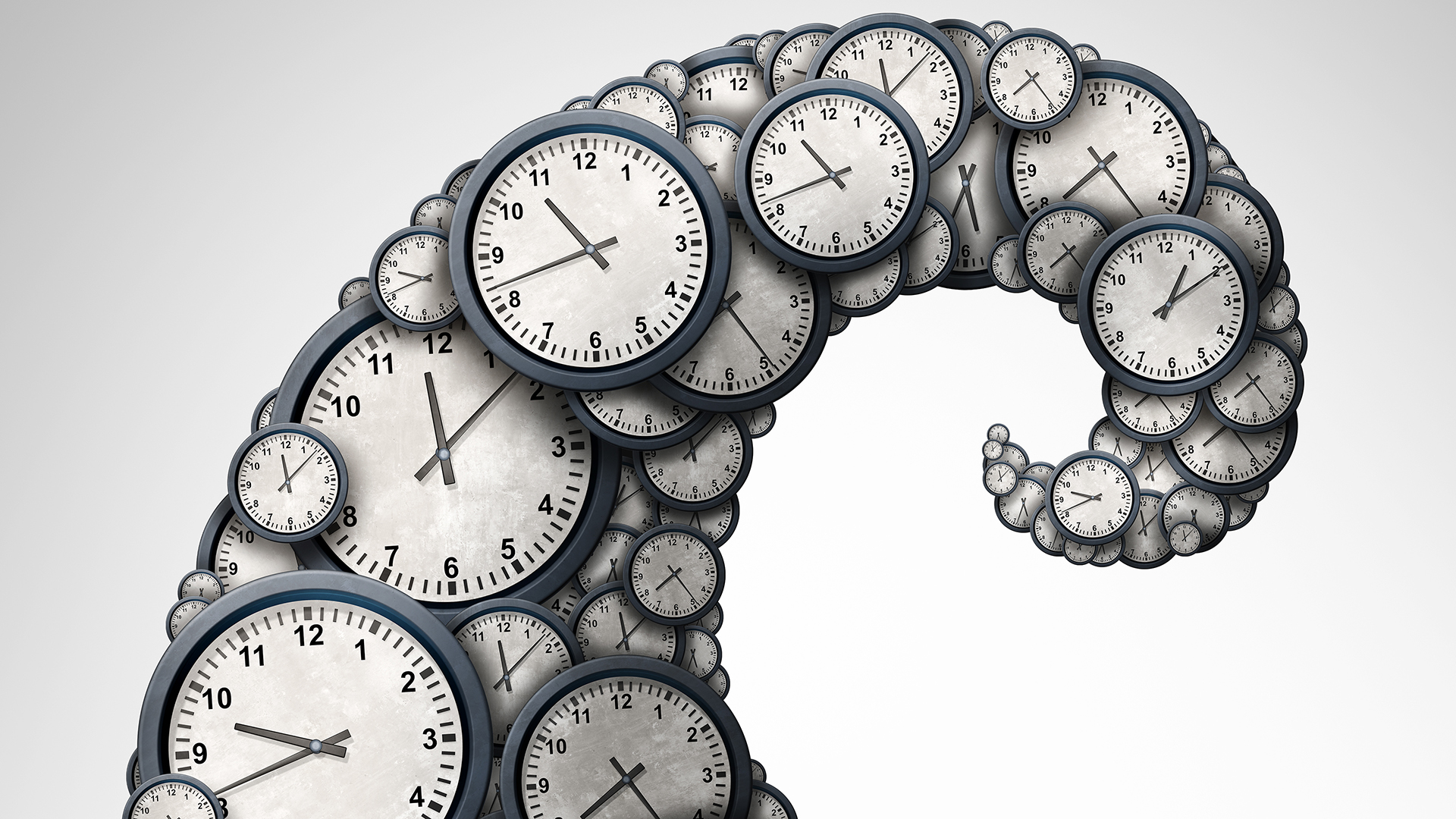Burnout leads to many negative outcomes in healthcare. From healthcare providers leaving healthcare to negative patient outcomes, the effects of burnout in healthcare impacts all of us. It is important to realize that the cause of burnout is not working too hard. Many of us have worked incredibly hard and long hours and felt energized from the work we are doing. Burnout occurs when your perceived results, what you believe you have done, does not meet your expectations for yourself. Let me use myself as an example. As a nurse, I want to provide exceptional care to each of my patients, I expect to be able to prevent additional pain, support the physical and emotional needs of my patients and their families, and do all of this with a positive attitude. Most days I can do this and do it well. In crisis times, there are too many patients, they are too sick, and many of them have poor outcomes. It feels that no matter how hard you try you cannot provide the level of care you expect of yourself. To further complicate this, we try to work all the extra time we can because we know there are not enough nurses available to take care of the patients. I also feel very guilty because I am not home with my family to support them, and when I am home I am exhausted. I feel like there is not enough hours in the day to do the things I have to do, not to mention the many things I want to be able to do. This space is prime for burnout.
The current crisis in healthcare due to COVID-19. Is the perfect storm for burnout in healthcare and beyond. There is too much to do, the system is stretched so that the support that is normally found is reduced. Nurses frequently have to stand in the place of family for patients when visitors are not permitted. While this is a fertile environment to breed burnout there are things we can all do to protect ourselves and our colleagues.
I would like to introduce you to the bathtub model.

The bathtub model really is a visual way to look at how we maintain our personal agency. Our personal agency, or capacity to get things done is the bathtub in the model. Burnout occurs when our bathtub is empty. The great thing is that there are definite things that fill or drain our bathtub and each of these actions have valves that we control. Results, Support, and Self-care fill our bathtub and help us to be resilient. Demands drain our bathtub, leaving us susceptible to burnout. Looking at our results realistically, accepting support willingly, and finding ways to practice self-care sound really easy. While not always easy these things fill our personal agency bathtub and can keep up out of the pain of burnout. Reality is key to looking at our results, we need to compare our results to what is expected or observed by trusted people, Facebook is not the place to compare our results to other’s highlight real. We frequently view our results as less important than they really are. The extra five minutes you spent with a patient to help them not feel alone or frightened may change their entire experience. This is a very positive result that we frequently discount. Accepting support, whether from other nurses who are willing to watch your patients so you can eat or even go to the bathroom, or the significant other who is willing to take over some of your chores may be hard to accept. Acknowledging that accepting support does not mean you are unable to do something it means there are others who are willing to share your load is necessary to prevent burnout. For me self-care can feel very indulgent. Taking time to care for myself seems like a waste of time. If we do not take time to recharge, whether through exercise, fun activities, or simply relaxation we become unable to care for others. It is important to use positive results, support, and self-care to add to our personal agency. However it is just as important to manage our demands to prevent our personal agency from being drained. It is okay to say no or not now. You do not have to do everything everyone asks or even expects of you. Managing your demands and being willing to discuss options that you have the capacity are key to maintaining personal agency.
Being a nurse is one of the most life giving and exhausting things I do. If I am not able to conserve my personal agency I am not able to be the nurse or human I strive to be. Take the time to do the things you need to do to have the capacity to meet your demands without falling into the pit of burnout.










